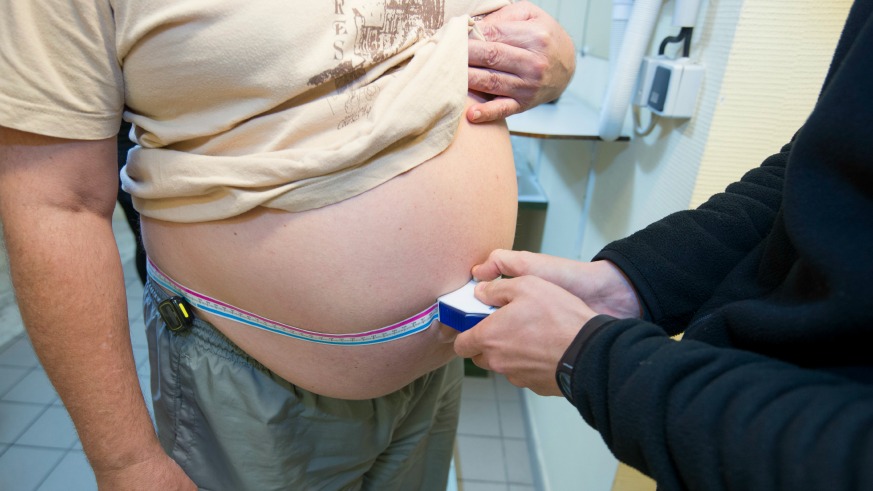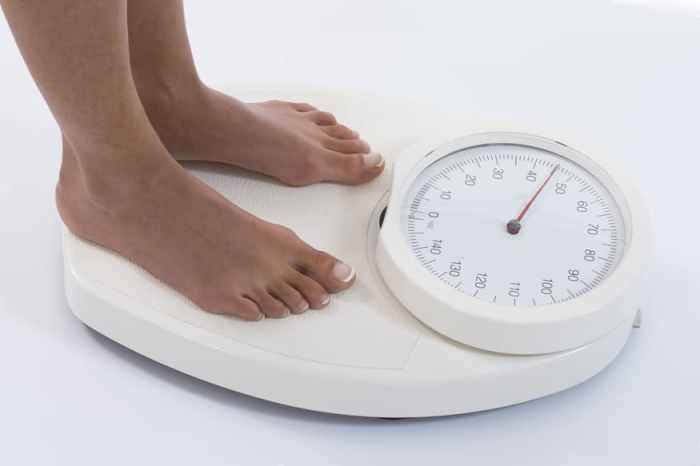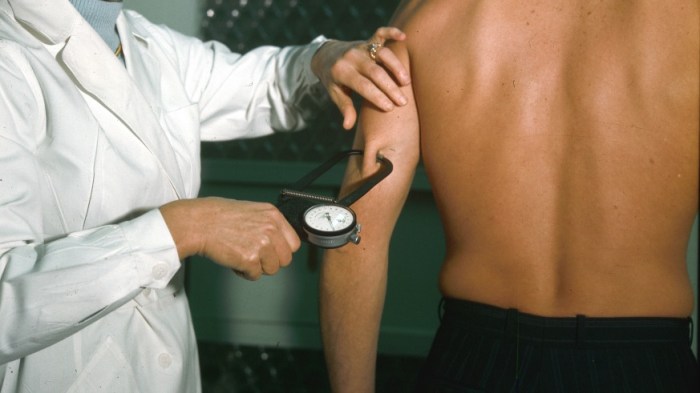Dusting your house likely ranks at number 900 on your list of favorite hobbies, but a new study by researchers at the American Chemical Society might change that rank — and fast, because it suggests that weight gain is directly linked to dust.
For the study, researchers collected indoor dust samples from 11 North Carolina homes and then exposed the samples to 3T3-L1 fat cells in mice. The results? Seven of the 11 dust samples triggered the cells development into bigger fat cells, while nine of the 11 samples caused the fat cells to divide, creating more fat cells and, potentially, more fat gain.
Even worse news: As few as 3 micrograms of dust caused measurable effects, an amount that’s well below the amount found in most homes.
How dust affects metabolic health
The researchers said the results show that household dust can spread endocrine disruptors that can affect metabolic health in people, especially children. The disruptors are often found in household cleaners and pesticides and the particles eventually make their way into dust. However, a substance typically found in plastic had the strongest effect on fat cells. (Endocrine disruptors that affect how your body stores fat are commonly referred to as “obesogens.”)
More research is needed, according to the study authors, because the amount of dust that affected cells is much lower than what the government says — in other words, it takes less dust to affect young cells than previously thought.
How to minimize endocrine disruptors in your home
And it’s impossible to avoid these disruptors.
“At this point,” said lead researcher Dr. Heather Stapleton, “it’s difficult to provide advice on how to avoid exposure…cleaning more with wet techniques (e.g. mopping) can help remove and reduce dust particles […] dry dusting can sometimes release more dust particles to the air which can then be inhaled.”
There are things you can do to minimize these hormone disruptors, though. Washing your hands frequently, avoiding canned goods and plastic containers can help, according to the Natural Resources Defense Council.
Dusting and vacuuming help, too. So, break out the dust rag and get to work — you’ll burn a few calories cleaning and keep gut-busting dust particles at bay. Win-win.



















